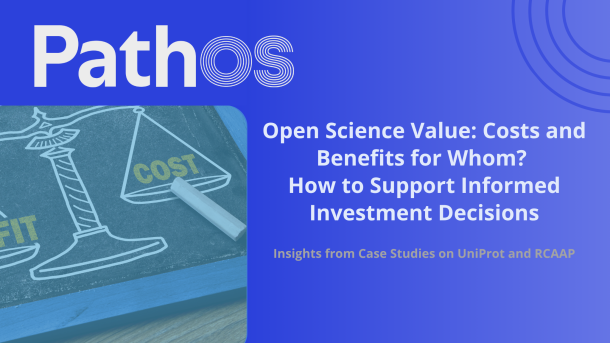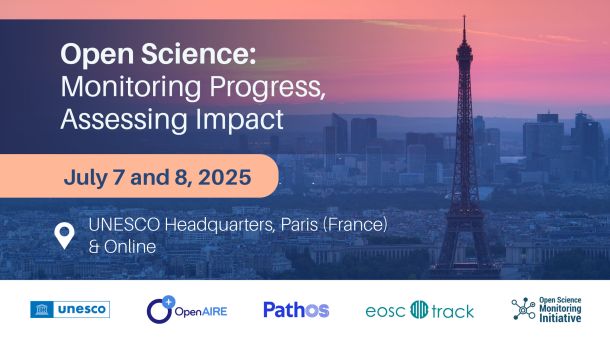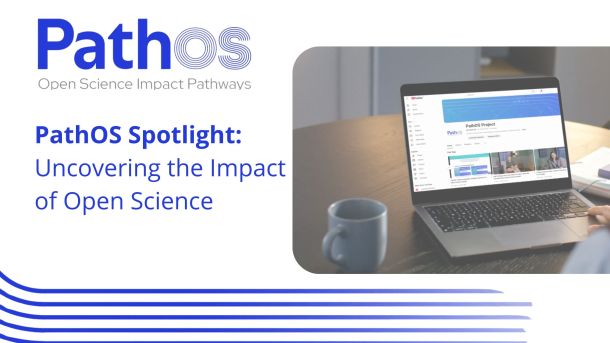New Study Published on Societal Impact of Open Science in Royal Society Open Science
A new study exploring the societal impact of Open Science has been published in the journal, Royal Society Open Science. This key output of the PathOS project aims to fill a significant gap in understanding how Open Science drives societal benefits.
The study, led by the Open and Reproducible Research Group (ORRG) based at Know-Center GmbH, systematically scoped published evidence of Open Science’s societal impact. Using the PRISMA Extension for Scoping Reviews, researchers identified 196 studies, demonstrating impact in key areas including education, climate, environment, and social engagement. The findings emphasize the need for more evidence, particularly in policy, health, and public trust in research.
Key findings from the study include:
- Citizen Science: The majority of identified studies focused on Citizen Science, showing significant societal impact in education and awareness, climate and environmental action, and community engagement.
- Open Access: Several studies highlighted the role of Open Access in democratizing access to research and enhancing public knowledge.
- Open/FAIR Data and Open Code/Software: Limited evidence was found on the societal impact of Open/FAIR Data and open code/software, indicating a critical area for future research.
- Policy and Health: There was a notable lack of evidence regarding the impact of Open Science on policy-making and public health, underscoring the necessity for more targeted studies in these domains.
Dr. Nicki Lisa Cole, Senior Researcher at Know-Center and lead author of the study commented, “Our study demonstrates that Citizen Science and other participatory, community-based forms of research benefit society in a multitude of ways, from improving biodiversity, strengthening environmental monitoring, to increasing topical knowledge and scientific skills among the public. These are encouraging results. Funders and institutional leaders should take note and invest more in this type of research if they want to ensure that scientific research benefits society. At the same time, our study shows a need to establish the societal benefit of the large amount of resources – time, personnel, and funding for training and infrastructure – that have been invested into open data. The payoff has not yet been established through research. That’s not to say that it isn’t there, but that it has yet to be proven.”
The PathOS project aims to advance the understanding and implementation of Open Science to enhance its societal impact. More information on PathOS can be found at PathOS Project.
The Open and Reproducible Research Group (ORRG) at Know-Center GmbH focuses on promoting transparency, accessibility, and reproducibility in scientific research. Learn more about ORRG at Open and Reproducible Research Group.
For media inquiries, please contact: Dr. Nicki Lisa Cole,
Written by
Latest Articles

Open Science Value: Costs and Benefits for Whom? How to Support Informed Investment Decisions

Press Release: Conference on Open Science: Monitoring Progress, Assessing Impact
